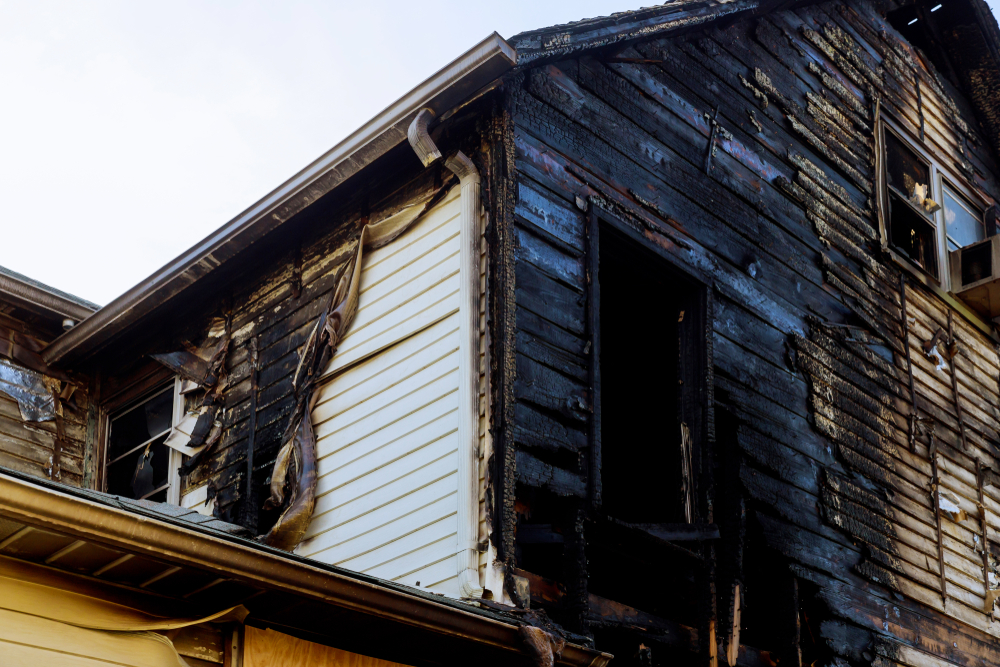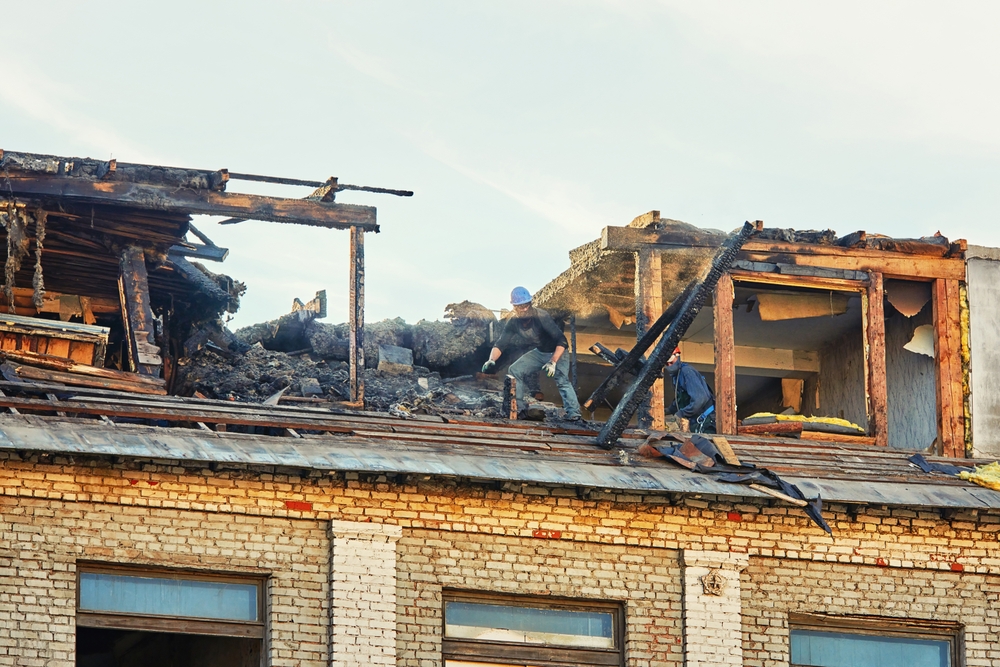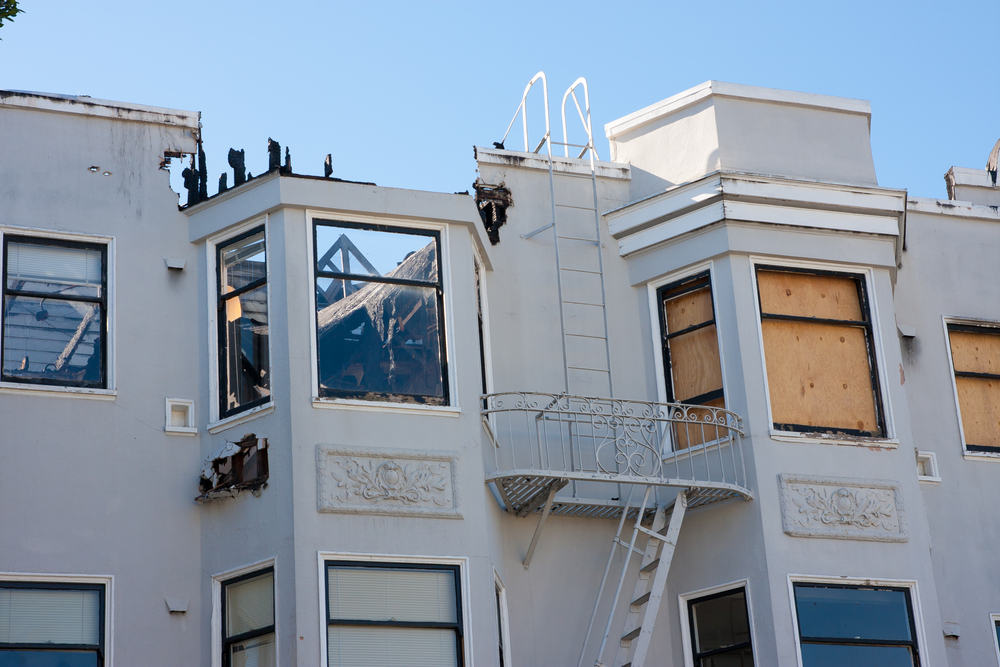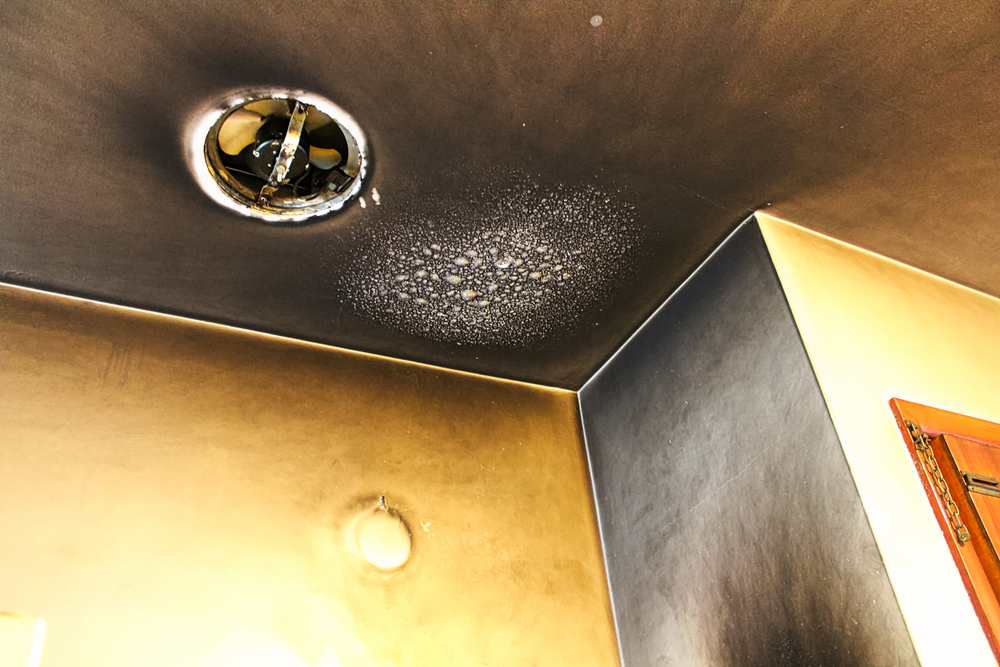A fire can be catastrophic, seriously damaging your house and producing hazardous smoke, soot, and trash. Many homeowners concentrate on fixing obvious damage, but they sometimes forget one important part: the HVAC system. Maintaining indoor air quality and ensuring your house is pleasant depend on this system in great part. On the other hand, improper handling of fire damage could make your HVAC system dangerous, ineffective, or expensive to repair.
Multiple threats generated by fires affect HVAC systems. Through air ducts, smoke and soot contaminate the house with toxic particles. Extreme heat might deform or melt important parts; water used to put out the fire might induce mold development, rust, and electrical problems. Ensuring a safe and comfortable living environment depends on your knowing of the hazards and acting to restore your HVAC system.
This guide will assist you to evaluate the damage, grasp how to manage fire damage in your home’s HVAC system, and know the finest actions to restore and keep your system for a safe and healthy house.
Understanding the Impact of Fire on HVAC Systems
Fire presents several effects on HVAC systems. Knowing these hazards will enable you to act in the required manner to efficiently recover your system.
Smoke and Soot Damage
Among the most harmful results of a fire are smoke and soot. Serious problems can result from their passage through the air ducts settling inside the HVAC system:
- Clogged Ducts: Soot accumulation can obstruct airflow, therefore lowering the heating and cooling effectiveness. The system has to work harder, which would increase energy prices and maybe cause system collapse.
- Air Contamination: Contaminants might travel about your house and compromise the indoor air quality. For those with allergies, asthma, or respiratory problems especially, this is quite risky.
- Health Risks: Breathing smoke residue can aggravate allergies, respiratory problems, and other health conditions. Over time, extended exposure to polluted air can also lead to chronic health issues.

Heat Damage
A fire’s extreme heat might compromise several parts of your HVAC system:
- Melted or Warped Ductwork: High temperatures can cause ducts to distort, therefore causing leaks and inefficiencies in the system. This could lead to uneven heating or cooling and too high energy consumption.
- Electrical Issues: Wiring within the system may melt and cause fire dangers. Broken electrical connections could cause short circuits, therefore raising the likelihood of another fire.
- Damaged Components: Parts like the furnace or air conditioner could crack or fail from extreme heat exposure. Should one of the key components—such as the blower motor or compressor—be compromised, the whole system could need replacement.
Water Damage
Water used to put out the fire can further compromise the HVAC system:
- Rust and Corrosion: Water could cause metal parts to rust, so lowering the efficiency and limiting the lifetime of your HVAC system.
- Mold Growth: Moisture inside air ducts can encourage mildew and mold, so posing health hazards. Quick spread of mold spores through the ventilation system results in long-term harm.
- Electrical Shorts: Operating the HVAC system without appropriate inspection and repairs puts one in risk since water exposure can cause serious electrical failures.
Assessing Fire Damage to Your HVAC System
Examining your HVAC system helps you find the degree of damage following a fire. Comprehensive evaluation guarantees the efficiency and safety of your heating and cooling equipment.
Visual Inspection
First do a simple visual check:
- Look for smoke residue and soot inside air ducts and vents. Blackened vents or filters point to significant pollution.
- Look for system elements that have melted, twisted, or become discoloured. Right away should be visible damage to ducts, fans, or electrical wiring remedied.
- Look for holes, cracks, or evidence of water damage in ducting. Reduced system performance and air leakage resulting from damaged ducting might compromise a system.
- Smell the air flowing from the vents; expert cleaning is needed if there is a smoky or burned scent suggesting the presence of pollutants.
Professional Inspection
Call an HVAC specialist to do a comprehensive check even if the damage seems minor. Professionals can:
- Look for hidden problems using specialist instruments like internal component failure or pollution inside ducting.
- Evaluate whether the system is safe to run, therefore guaranteeing that all mechanical and electrical components work as they should.
- Depending on the degree of the damage, advise replacements or repairs. Should the damage be significant, a total system replacement could be required.

Managing Fire Damage to Your HVAC System
Restoring your HVAC system can help to guarantee safe and effective operation once you have evaluated the damage.
Cleaning and Restoration
- Duct Cleaning: Hire experts to clear and sterilize your ducts, removing mold, soot, and smoke residue. High-powered vacuums and antimicrobial treatments are among specialized cleaning techniques that can assist eradicate pollutants.
- Filter Replacement: Replace all of your HVAC filters to stop recirculating pollutants. HEPA filters help to catch small particles and enhance air quality even further.
- Component Repair or Replacement: Parts include coils, motors, or wires may require repair or replacement based on degree of damage. Sometimes it could be less expensive to replace an old or severely damaged device than to fix it.
Safety Checks
Verify the system is safe before utilizing it following repairs and cleaning:
- To be sure the system is running effectively and that every vent is clear, test the airflow.
- Look for residual smells suggesting mold or smoke exposure. Should the odor linger, more cleaning could be needed.
- Make sure electrical components are operational to prevent hazards down road. A licenced specialist should replace any damaged or exposed wiring.
Regular Maintenance
To stop next problems and prolong the lifetime of your HVAC system:
- Plan frequent cleanings and inspections minimum once a year.
- Change air filters every few months to preserve best air quality.
- Clear vents and ducts of dust and trash to increase system performance and lessen load on it.
When to Contact a Professional
If you want to call an HVAC specialist, then:
- No matter how minor, your house has suffered a fire.
- You find inside the system soot, smoke, or water damage.
- The system sounds odd or smells peculiar.
- Your heating or cooling performance has dropped noticeably.
- Inside the ductwork is found mold or dampness.

Conclusion
One major problem that calls for quick response is fire damage to an HVAC system. Severe damage can be done by smoke, heat, and water, therefore influencing general system performance and air quality. You can guarantee a secure and comfortable house by evaluating the damage, calling experts for repairs and cleaning, and keeping your system in good running order.
Ignoring HVAC damage during a fire runs the danger of causing long-term health problems and costly repairs. Should a fire strike your house, avoid all risks; arrange an HVAC inspection right now to safeguard your family and your investment. Timeliness of repairs and good maintenance will help to improve the air quality in your house and guarantee that your HVAC system runs effectively for years to come.
Philadelphia Restoration Services
https://www.google.com/maps?cid=3399342399556699153
+1 267 668 0013
https://philadelphiarestorationservices.com/

